Kwiatkowski Group
Natural genetic variation
Archive Page
This page is maintained as a historical record and is no longer being updated.
There is a longstanding evolutionary arms race between malaria-causing Plasmodium parasites, Anopheles mosquitoes, and human populations. The remarkable ability of both parasite and vector to thwart public health interventions by evolutionary adaptation represents a major obstacle to malaria elimination. Malaria also exerts a strong selective pressure on the human genome, which has led to natural mechanisms of disease resistance.
By studying natural genetic variation in all three genomes, we aim to develop a deeper understanding of the genetic and molecular mechanisms that underlie these evolutionary processes, and to translate this scientific understanding into more effective and sustainable strategies for malaria elimination and vaccine development.
Our team works closely with colleagues at the University of Oxford and with partners in more than 30 malaria-endemic countries through two projects, MalariaGEN and the MRC Centre for Genomics and Global Health.
We also collaborate with a number of groups within the Malaria Programme, as well as Honorary Faculty and Fellows (Martin Donnelly, Chris Newbold, Abdoulaye Djimdé).
Our work is focused on three broad areas of research:
Understanding human genetic resistance to malaria
- Leading large-scale genome-wide association studies (GWAS) looking for genetic markers across the human genome that correlate with resistance or susceptibility to malaria
- Examining how signals of genetic association are affected by diversity in African population structure
- Identifying regions of the genome under recent positive selection in malaria-endemic populations by accurate haplotype construction using family-based GWAS data
Investigating the biological consequences of natural variation in the Plasmodium genome
- Developing the experimental, epidemiological, and analytical tools necessary to characterise natural genome diversity in Plasmodium isolates from multiple malaria-endemic regions in Africa, Asia and Oceania
- Developing shotgun genotyping as a cost-effective method for genome-wide analysis of natural variation in Plasmodium falciparum
- Studying the complex population genetic structures that arise under different conditions of malaria transmission
- Using natural P. falciparum variation data to inform functional analysis of parasite biology in the laboratory
Understanding the diversity and dynamics of Anopheles populations
- Sequencing hundreds of wild-caught Anopheles mosquitoes from more than 10 African countries
- Studying natural genetic variation and using this information to develop early warning systems for the emergence of insecticide resistance, and for other practical applications in vector control
Our Latest Data Releases:
P. vivax Genome Variation May 2016 data release: Sample information and genotypes for 228 samples from 13 countries
Genome-wide study of resistance to severe malaria in eleven populations: Three populations: Gambia (2,786 controls; 2,807 cases; 1 parents); Kenya (1,708 controls; 1,944 cases; 180 parents; 33 other); Malawi (1,498 controls; 1,590 cases)
Pf3k pilot data release 5: Sample set of 2,512 field isolates; 5 lab clonal samples; 96 crosses samples; 27 mixed lab strains
Previous core team members

Dr Abrar Ahmed
Research Manager
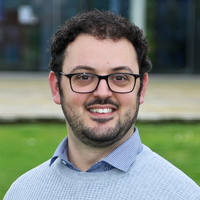
Dr Roberto Amato
Head of Data Analysis and Translation

Dr Cristina Ariani
Malaria Parasite Surveillance Lead

Eleanor Drury
Genomic Surveillance Operations Lead
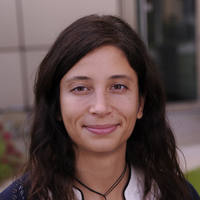
Dr Angela Goncalves
Former Postdoctoral Fellow at the Sanger Institute
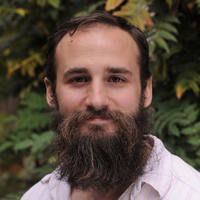
Christopher Jacob
Staff Scientist

Dr Alex Makunin
Computational Staff Scientist
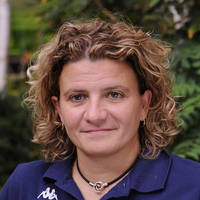
Cinzia Malangone
Senior Software Developer

Dr Magnus Manske
Principal Software Developer
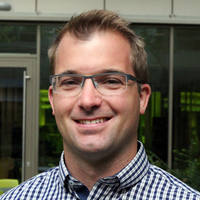
Dr Francois Meullenet
Former Research Administrator at the Sanger Institute
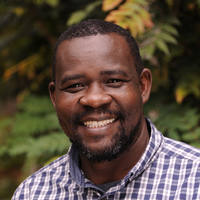
Dr Samuel Otieno Oyola
Staff Scientist

Dr Sara Valentini
Genomic Surveillance Business Analyst and Continuous Improvement Lead
Associated research
Related groups
Programmes and Facilities
Partners
Dr Abdoulaye Djimdé is a member of our International Faculty and a leading malaria researcher based in Mali, working primarily on the genetic epidemiology of antimalarial drug resistance in West Africa. He is committed to building research capacity in Africa and has been instrumental in the formation of networks and partnerships collaboratively investigating malaria and drug resistance in the region.The lists below detail our other important partners.
External
